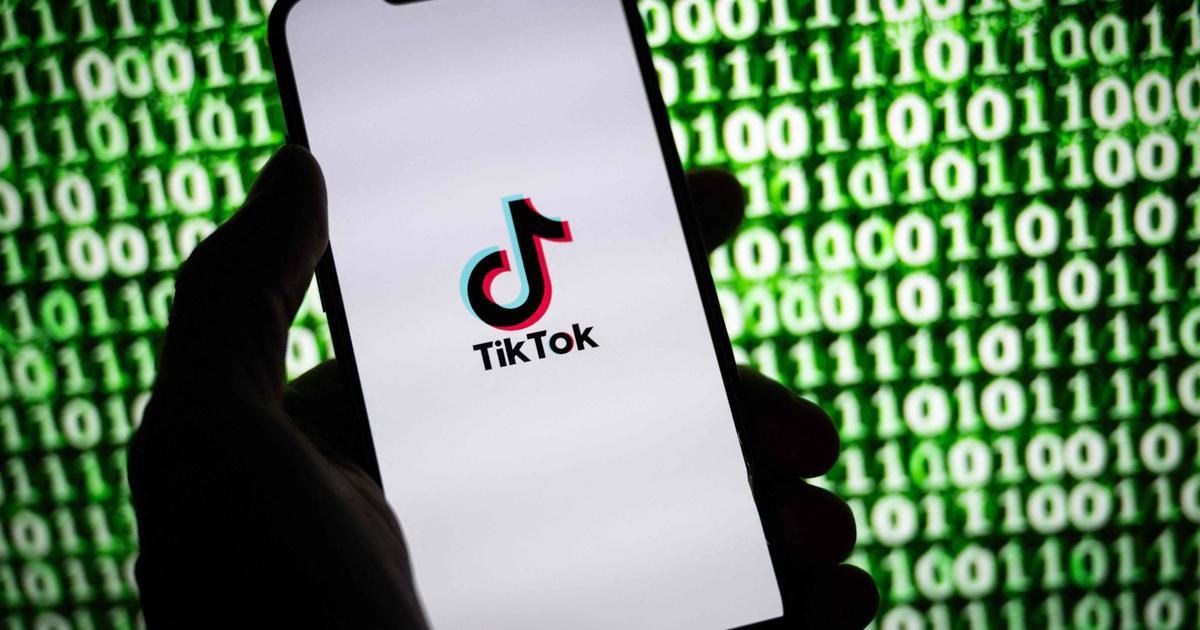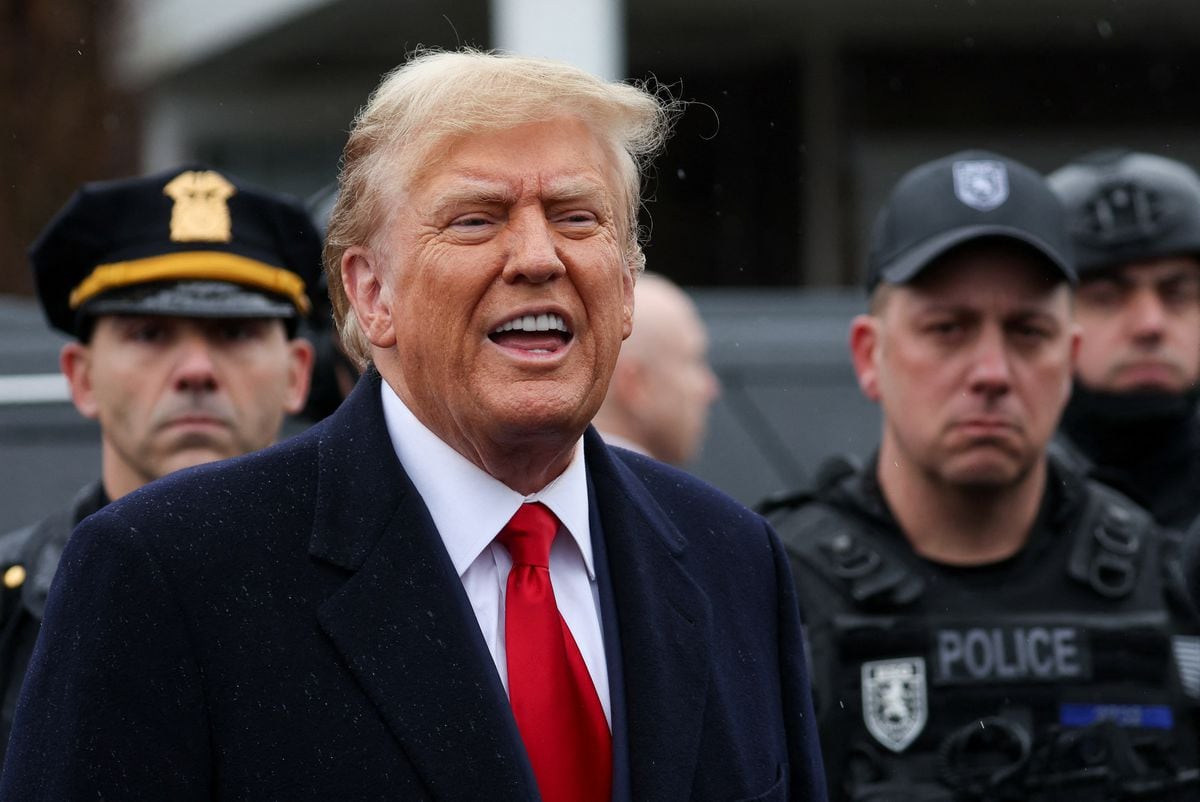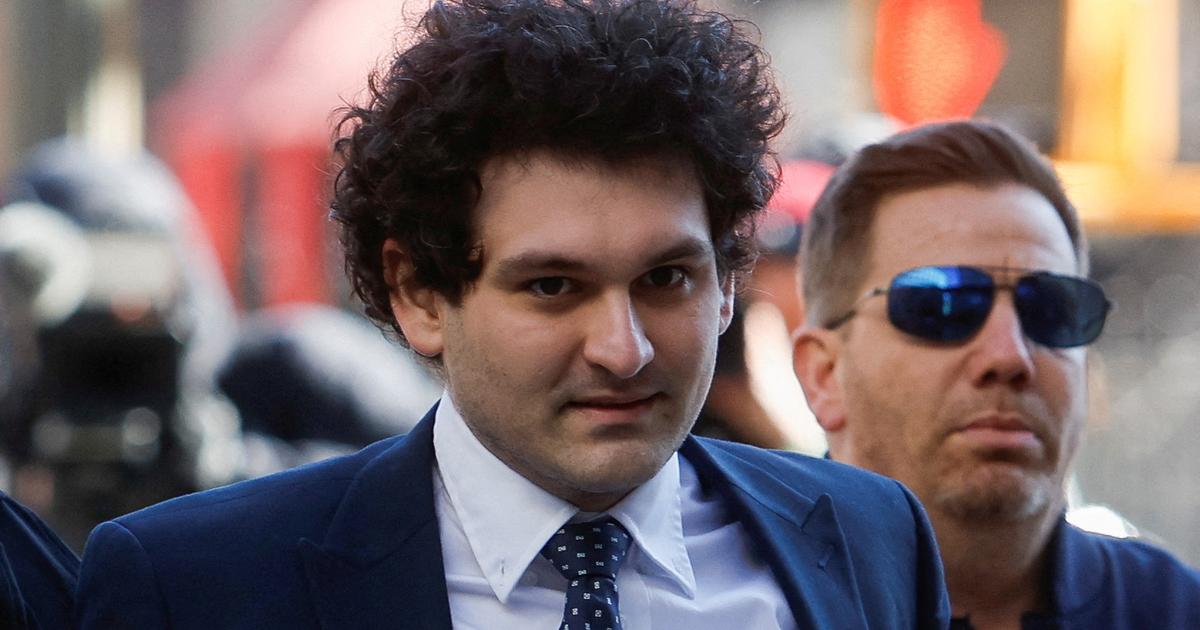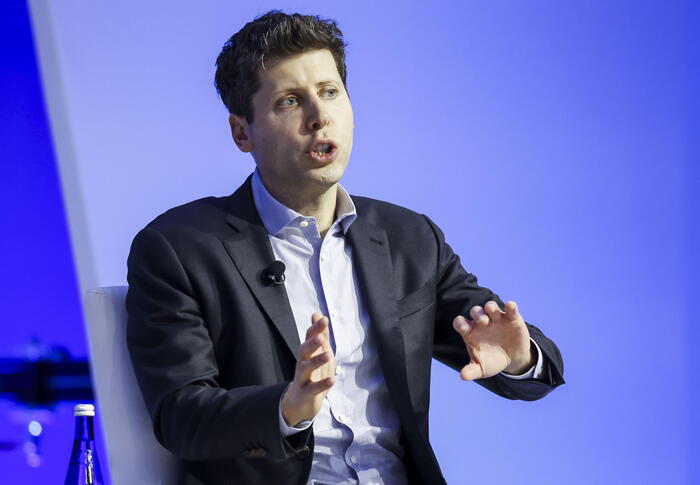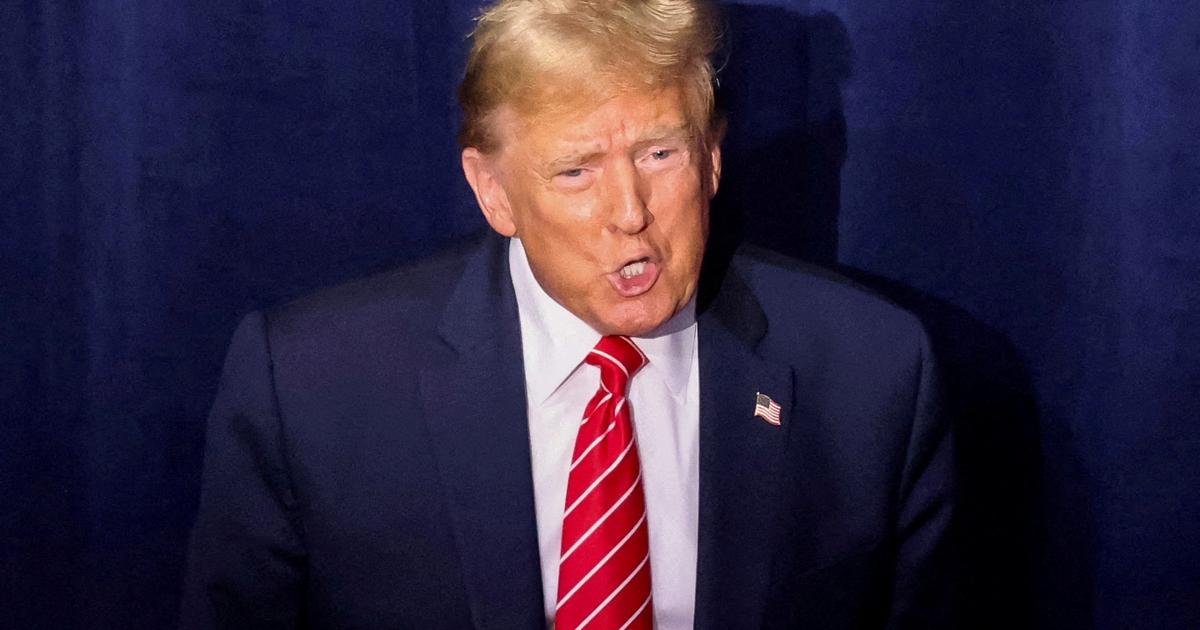Mercado Libre charges a commission of up to 20% for managing shipments.
Mercado Libre is already the largest Argentine company.
In July, its market value exceeded 50,000 million dollars for the first time (more than 42,000 million euros).
The Latin American champion of e-commerce has become an unusual continental unicorn in a relatively paradoxical way: cooperation with its competitors.
Its technological base runs on Amazon's servers, it uses Facebook to generate traffic, it has eBay as a shareholder, PayPal as a partner in the digital payment mechanism, and it seamlessly adapts innovations from the Chinese giant Alibaba.
"The technology industry has always been promiscuous," says Pedro Arnt, the company's chief financial officer.
Like most companies in the industry, Mercado Libre was born from a simple idea and grew up in borrowed offices.
Its founder, Marcos Galperin (Buenos Aires, 1971), scion of a dynasty of furriers and tanners, conceived the project while studying at Stanford University and launched it in 1999. At that time, Amazon had been operating for five years and was still a great unknown.
Arnt, an Oxford graduate who first joined Mercado Libre, recalls that at the beginning there was no more money than that contributed by family and friends.
Then venture capital firms came in and in 2001 they got a big boost from eBay, which became the biggest shareholder for a time.
In 2007 it made a public offering of shares.
In 2017, Mercado Libre replaced Yahoo on the Nasdaq New York index.
In 2020, it has outperformed former colossi such as General Motors and its rival ally eBay in market value.
Also like other companies in the industry, Mercado Libre does not give benefits.
In 2019 he lost 172 million dollars, more than in 2018, when the red numbers were 36.5 million.
"There will be time in the future to distribute profits, for now we prefer to reinvest very aggressively to continue growing and generate competitive advantages," says Arnt, for whom Mercado Libre can be worth "two or three times more than it is worth today."
The pandemic has accelerated things.
The Argentine company estimates that in a few months there has been a jump equivalent to four or five years.
With a presence throughout the continent (more than half of its business is carried out in Brazil and in Mexico it competes directly with Amazon), in recent years it had invested heavily in payment systems and its own logistics.
The bet made it possible to adapt to the new situation and take advantage of it.
Even in an area that used to not be his, like supermarkets.
Before March, it occupied between 1% and 2% of the food market, depending on the country;
now it ranges from 5% to 9%.
The backbone of the business is to digitally market the products of millions of small and medium-sized businesses and traditional retailers.
“We,” explains Arnt, “sell almost nothing of our own, those who sell through Mercado Libre are, for the most part, small companies whose survival, especially in the near future, will depend on channels like ours;
that makes us carry an important responsibility ”.
The company charges these small businesses between 11% and 16% of the final price as commission;
In the Argentine case, if it provides logistics and credit, the percentage can reach 20%.
Mercado Pago, one of the branches of Mercado Libre, is undergoing rapid expansion.
The electronic wallet and QR (barcode read by phone) payments have become common instruments in a poorly-banked region.
It is especially attractive to those who do not have a checking account or are barely using it.
"It is a type of client that for banks is not profitable and for us, who have lower costs, it is," says the chief financial officer.
Arnt is aware that in the future Mercado Pago and traditional banking will end up competing directly and, in fact, several banks are already launching their own QR systems.
"But we think the market is big enough to coexist," he adds.
Electronic commerce barely accounts for 5% of total commerce in Latin America, which offers Mercado Libre immense possibilities for growth.
Those possibilities also carry a risk: that the Argentine company becomes too appetizing a snack for those giants with which it now cooperates, such as Amazon and Alibaba.
According to Arnt, “the logic of our industry, which is not zero-sum due to the rapid expansion of the market, allows that promiscuity of cooperating with rivals: my profit does not necessarily mean a loss for my competitor.
But it is equally true that we are the undisputed leader in the region and number one in all the markets in which we operate.
Although we believe that we can offer more value to our shareholders as an independent company than acquired by a global monster and turned into a subsidiary, companies are bought and sold.
Shareholders
Right now, Mercado Libre's shareholding structure is robust.
The main investors are the Scottish fund Baillie Gifford and the American fund Capital, together with the founder Marcos Galperin (retired at the beginning of the year from executive duties and resident in Uruguay), although the continuous rise in the share price has led to a large fragmentation.
The appreciation compensates for the lack of dividends.
An additional advantage of the company is its knowledge of peculiar markets such as those in Latin America, abundant, depending on each case, in tariffs or union bureaucracies, and used to deep cyclical crises.
"We know how to function and macroeconomic swings affect growing industries less," says Arnt.
"We did not stop growing during the Argentine collapse of 2001, nor during the Venezuelan debacle, nor during these last difficult years for Brazil."

/cloudfront-eu-central-1.images.arcpublishing.com/prisa/5JYR54WBV5ERXIF6YRL227LPTU.jpg)
